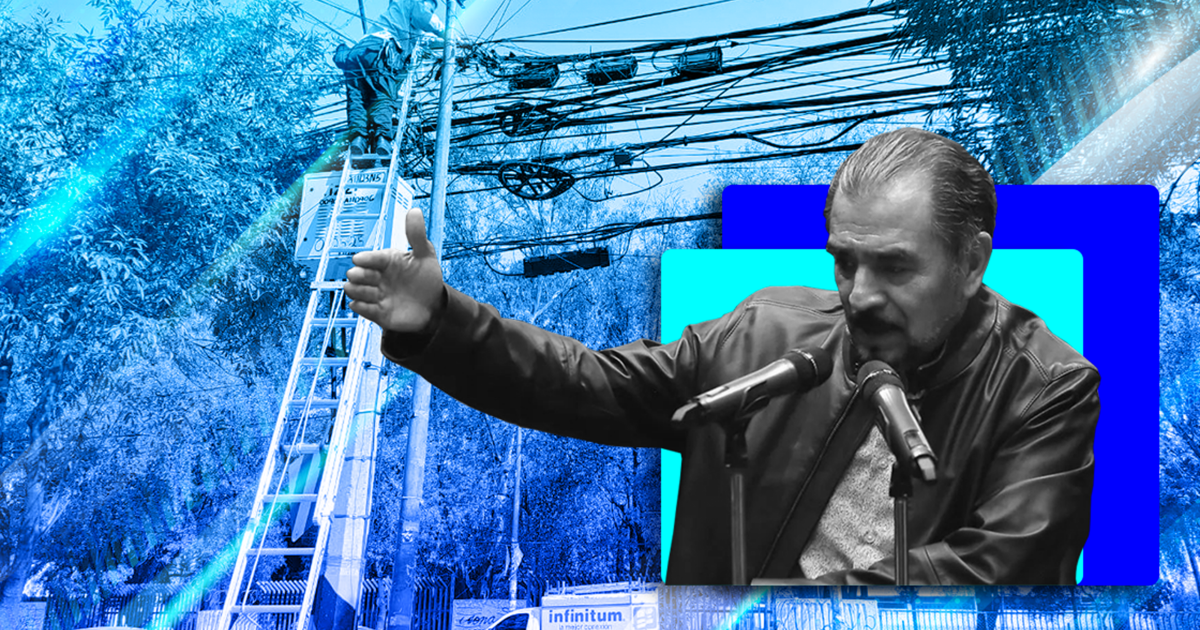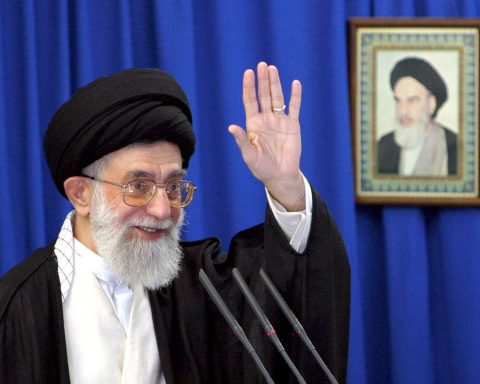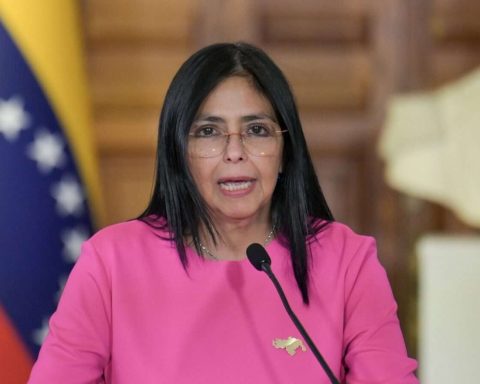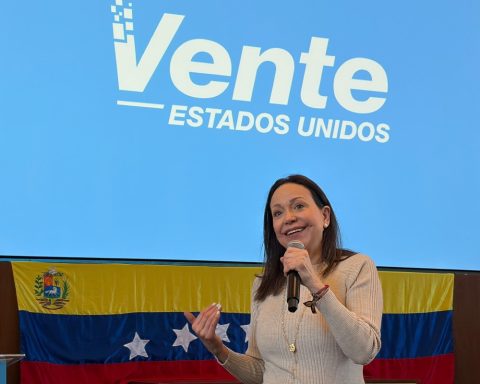Francisco Hernandez Juarez He has been the leader of the Union of Telephone Operators of the Mexican Republic (MRS), a union made up of around 60,000 workers from Telmexwhich they do together with the teachers, oil, electricians and miners unions, the most powerful union in the country and also attached to the National Union of Workers (UNT).
This week the union led by Hernández Juárez and Telmex they reached an agreement to resolve a labor conflict that lasted three years and that froze the hiring of new personnel for all that time, which affected about 2,000 seats and the services consumers receive. The agreement includes that the telephone operators will be able to voluntarily acquire Telmex shares and will also be able to maintain a decent pension, this also after an arbitration of the Ministry of Labor and Social Welfare (STPS), which accompanied a new retirement scheme.
For Francisco Hernández Juárez, the agreement is an achievement for the unionized telephone operators, since he is confident that in the medium term the financial situation of the company will change for the better and the provision of the service that the user receives will also improve in quality with an upcoming contracting process. of 1,942 jobs in accordance with Clause 149 Quater of the collective bargaining agreement. Telmex today pays labor liabilities for 19,870 million pesos and had a net loss of 2,731 million pesos in the third quarter of 2022, figures that, in the opinion of the union leader, should change over time, as unions move towards democratic processes.
“They say that in war you get what you bargain for, not what you deserve.” That being the case, does he feel like he is the winner in this labor conflict?
—We managed to keep one of the best collective contracts in the country in force, due to the type of benefits and the salary level it presents. The payroll of the telephone operators is one of those that most protects the worker in this country. And retirement is also one of the best in this country, even though it suffered a decrease; with all that, it continues to be one of the best retirements, very solid and very identified and very much the result of the union fight.
That result and those levels of confidence that we have can only be achieved if it is understood that what was achieved was a good agreement. Sure, we would have preferred it to remain unchanged, but we understand that the financial situation of the company is complicated. We understand that you are going through a difficult time, albeit transitory, and that it has a lot to do with company decisions, because they have taken out many of the most profitable businesses for Telmex, such as data management. Even so, we in the union remain willing to support the company.
And for its part, we managed to get the government to realize that the company was doing something illegal: that it did not want to comply with the collective agreement and the government itself had to come to help us adjust this with the company, and thus the company rectified and the The government also realized that our fight is legal and in defense of the rights enshrined in the collective bargaining agreement.
There were adjustments, yes. But we also came out stronger by making ourselves heard in the government and keeping our collective bargaining agreement active with one of the best pensions, yes with adjustments and with some benefit alternatives. It seems to us then that this fight can be considered a very positive balance.
—That was the result abroad, but inside, what X-ray would you make of the internal battles and how does your leadership stand there?
—I want to say that in this matter we have a level of participation of at least 85 percent. The workers participate in the consultations, in the processes and in the agreements that are made in all sections, in our assemblies and in fact, that is where we have participation levels of 90% and of course there is always disagreement with the overwhelming majority, but here I tell the workers that the conditions of the union feel very solid and frankly I believe that those levels of trust are only achieved if I am correct, if the workers see that I am defending their interests and their rights, because that allows me to have solid leadership.
Are those levels of trust and the agreement you leave with Telmex your inheritance in the telephone union?
—I would like, eventually when that condition arrives in the union, that there be a leadership with a person who always remains solid in the defense of the workers. That this should always be their priority, even when difficult decisions have to be made, because as you said: always defend and negotiate in their favor. If the leadership that comes is always guided by what the workers really want, there is no risk of being wrong.
So I think of a leadership for the union with these characteristics, always earning the trust of the colleagues and clearly defining the strategies with them. Without demerit of supporting the company and without demerit of promoting things that are good for the country, the fundamental work is and has been to concentrate on defending the interests of the workers. That is what I would leave.
—After three years of conflict and with a different context of labor reform and collective agreement that could be described as different, is this a good time to hire you at Telmex?
—Recently, the door had been closed to Mexico to continue participating in trade agreements, because it did not seem correct to other actors that Mexico’s main competitive advantage was its cheap labor, and part of that was what made it possible the economic policy then, that the salary was sacrificed in exchange for investments and the trade unionism also had no capacity to respond and also the laws were not very favorable to promote a strong and democratic trade unionism.
The new and important thing with the arrival of this government is that with the new labor law we are going to really have an impulse to be able to achieve greater unionization, greater democracy in the unions to legitimize the contracts so that I tell the comrades, because We have a new generation of them in the telephone union, so they shouldn’t forget that there isn’t much to be done against companies and governments if there aren’t strong unions. For this reason, a trade unionism with democratization and legitimization must be promoted; to always make the presence of the workers feel with constructive spirits and strong spirits so that the situation of the company improves and that is exactly what is being offered today in Telmex to the workers who want to come.
In these three years the door was closed to newly hired workers, but the positions should now be open. For now, on Tuesday I have a meeting with the general manager and his team and they with our team to promote new hires, and to define a new work agenda, to thus give better customer service, because a democratization with unionism it will also attract better professionals and that, more than anything else, should be translated into better online and street services for the consumer.
—Do you think that the Last Mile National Network will attract highly qualified workers in the midst of that protection that you still have against the functional separation of Telmex?
—Everything has to improve, the situation of the company must change and that is part of the agenda, since it is well known that we do not agree with the functional separation of Telmex and this amparo intends to reverse that decision, to achieve the position of Telmex in relation to its competitive capacity that it deserves. All these telecommunications issues are on the agenda and we are going to continue pursuing them.

















